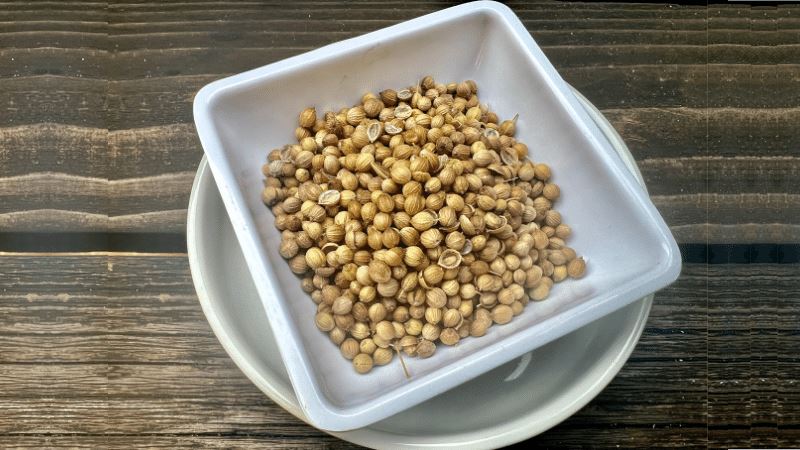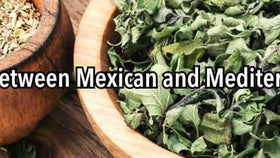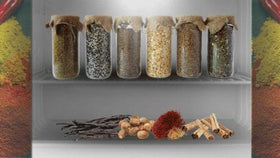What is Coriander Good For
Coriander is known the world over for incorporating a refreshing flavor that balances the heat in many dishes. That said, confusion will sometimes arise when referring to coriander, because there are two separate ingredients that come from the Coriandrum Sativum plant.
Here in the United States, we refer to them by two separate names—cilantro for the leaves and coriander for the seeds. In many countries around the world, though, coriander refers to the leaves and the seeds are referred to as, you guessed it, coriander seeds.
Coriander often appears in lists of ingredients as a fragrance for cosmetics, cleaning supplies, and more. However, the two primary uses for coriander are for flavoring food and as a natural remedy. Because our audience interests primarily fall in the culinary realm, we are going to focus on culinary uses for coriander in this post (stay tuned for another upcoming post focusing on the reasons why it’s not a bad idea to keep this ingredient in your natural apothecary, as well).
You are probably used to seeing the bright green cilantro added to street tacos, stir fry dishes, and curries, but coriander (the seed) is somewhat less recognizable. Let’s explore some ways to use this often overlooked, yet phenomenal ingredient in the kitchen.
Culinary Uses for Coriander
Make a coating for chicken, pork, or fish
Coriander has a refreshing, almost citrusy flavor to it, which sets it up perfectly for enhancing mildly-flavored cuts of fish, pork, and chicken. Try fresh-grinding it into a powder and adding it to simple rubs or bread-crumb coatings. One of our favorites includes fresh ground coriander, pasilla chile powder, ground cumin, sea salt, and orange zest. Mix the ingredients together and coat your meat. Throw it on the grill or smoker and serve with tortillas, cotija cheese, cabbage slaw, and wedges of lime.
Make a garam masala seasoning blend
If you have yet to try a quality garam masala infused dish, you are really missing out. It’s a spice blend popularized in Northern India, which is chock full of warming spices. Primarily known for it’s uses in curries and stews, it’s clearly not a bad idea to keep this recipe on hand for the cooler days ahead. Check out our favorite garam masala seasoning blend recipe.
Make this Madras curry
Vegan meals have a bad reputation as being flavorless or texturally unappealing. That is certainly not the case with this Spicy Kale and Chickpea Madras Curry. With ingredients like coriander, coconut milk, ginger root, and cinnamon, it is basically a flavor explosion!
Make it the secret ingredient in your next apple crisp
Coriander and dessert? Yes, we know, it is completely unexpected, but trust us on this one! Coriander pairs beautifully with fruit. The citrusy and warm flavors really bring out the sweetness and tanginess of the apples. Simply candy the apples in butter, cinnamon, salt, vanilla, and brown sugar as you normally would and add a pinch or two to an oatmeal crisp topping before baking.
*****
These are just a few ideas for how you can use coriander seeds in your dishes, but the options span as far as your own culinary creativity! Just make sure you are using fresh-ground, high-quality coriander for best results!







Slofoodgroup
Author